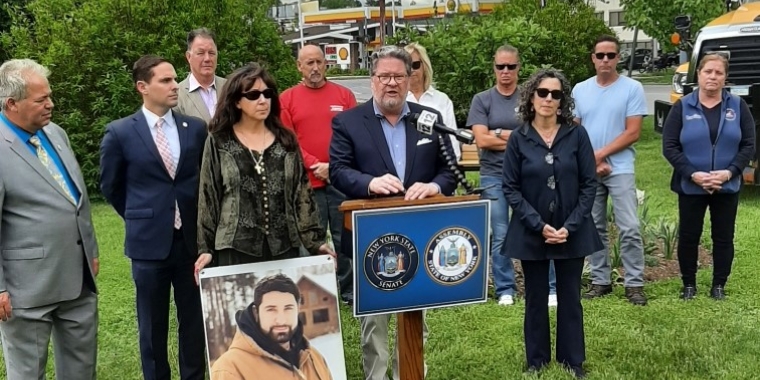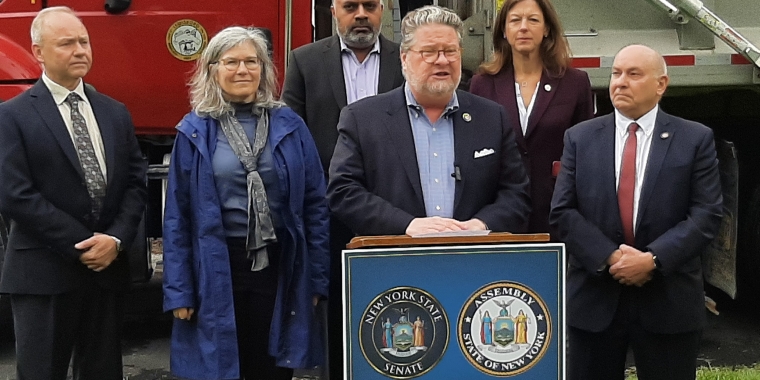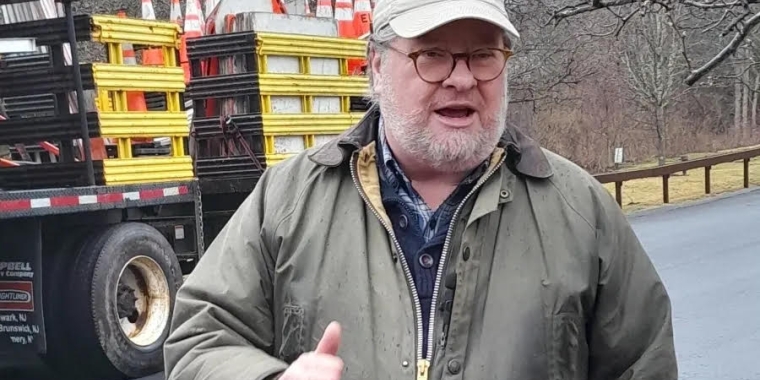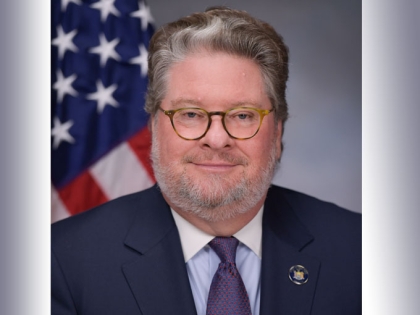
Harckham Bill to Require Insurance Info on Pipeline Applications Passes in Senate Unanimously
March 16, 2023
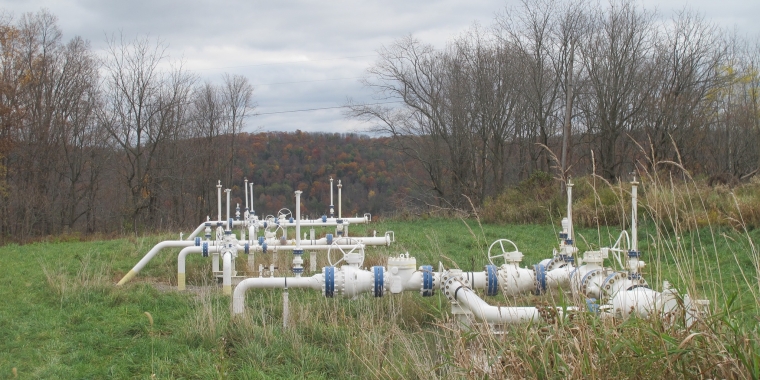
Albany, NY – New York State Senator Pete Harckham and his Senate colleagues unanimously approved his legislation that requires the disclosure of insurance information on permit applications for the construction of pipelines traversing any freshwater wetlands in the state. The necessary information, which the bill states will be shared with relevant municipalities, includes the name of the insurance company covering the construction project, the amount of coverage and what is covered under the plan.
“The construction and placement of pipelines across the state’s freshwater wetlands are not without potential risks, and this legislation simply offers transparency in regard to liability,” said Harckham. “Having insurance information readily available, in case of an accident or an emergency, will give community members who are worried about the environment and public safety some deserved peace of mind.”
Municipalities across New York that are considering potential installation of pipelines have, at a minimum, a right to know what insurance is in place to make them whole from any harm that may arise as a result of a pipeline’s construction or presence, Harckham added.
Harckham’s bill (S.3365), which passed in the Senate last year but not in the State Assembly, seeks to protect local communities by requiring that applicants seeking to conduct regulated activity involving the use of a pipeline on wetlands provide a full range of information from the pipeline’s insurance company to make sure accidents and contamination are covered for liability.
Additionally, this requirement would ensure that all pipeline activities being conducted on wetlands are properly insured while helping to safeguard the integrity of the state’s wetlands.
“New York has an unfortunate history with pipeline construction and catastrophic violations of the Clean Water Act, and more often than not, it is our communities that bear the costs of contaminated water, disaster response and cleanup,” said Roger Downs, conservation director of the Sierra Club Atlantic Chapter. “In some cases pipeline corporations are underinsured, and most liability information is shielded from public knowledge, which in turn perpetuates unsafe practices that put water resources and community safety at risk. The Sierra Club applauds Senator Harckham and the Senate for passing legislation that requires pipeline developers to disclose insurance information when a project proposes to disturb wetlands or other water resources. We urge the Assembly to take the same bold action.”
The bill also calls for a clerk or commissioner receiving a pipeline permit application with the insurance information to share it with all local governments where the proposed pipeline construction or placement is located. Prior to its adoption, the bill must pass the NYS Assembly and receive the assent of the governor. When enacted, the bill’s action will take effect immediately.
Nancy Vann, co-chair of Safe Energy Rights Group, said, “This will be a great step forward as we try to make sure any pipeline problems that impact our communities’ wetlands can be addressed quickly – and not at the taxpayers expense! The recent oil spill in California highlights how sensitive our water systems are, but we can’t tackle potential accidents if we don’t have the necessary information.”
“The expense of cleaning up fragile wetlands can be particularly onerous,” said Tim Guinee of the Climate Reality Project Chapter Coalition. “Assuring robust financial ability to pay for industrial accidents in these ecosystems is not only good policy for protecting fragile environmental gems in New York State, but also consistent with transparent interaction between business and government, which the citizenry has a right to and which helps build confidence in the workings of our democracy. Senator Harckham’s legislation is necessary and prudent, and the New York Climate Reality Project Chapter Coalition wholeheartedly urges its support.”

